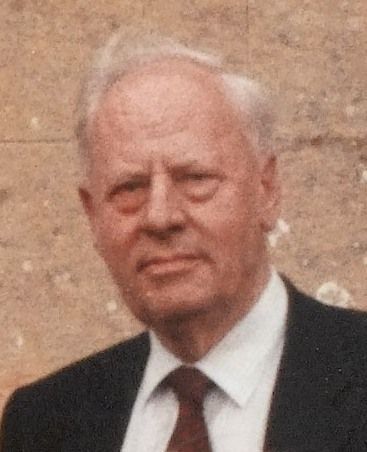1985
Our President in 1985/6 was:
The Right Hon. The Lord Swann
He proposed the Toast to Sir Walter at our 78th Annual Dinner on Friday 7th March 1986 in The North British Hotel
Download the [transcript] or read the [bulletin]
Summary of the Speech:
Michael Swann offered a rich and intellectually playful tribute to Sir Walter Scott, while also reflecting on his own scientific background and connections to the Club. His address is marked by a blend of personal anecdote, institutional critique, and admiration for Scott’s legacy.
Key Themes & Points:
- Personal Reflections and Humour:
- Swann expressed initial hesitation in accepting the presidency, noting the absence of scientists and university principals in the Club’s presidential history.
- He humorously recounted being drawn into Club affairs by Allan Frazer, and referenced earlier involvement during the Muggeridge Rectorial controversy at Edinburgh University in the late 1960s.
- University and Scott’s Academic Associations:
- Swann pointed out the lack of university recognition for Scott despite his literary stature. Though Scott had been dismissed as a “dunce” by his Greek professor, he valued academic learning and had been President of the Royal Society of Edinburgh.
- He lamented the lack of a University building named after Scott but celebrated the new initiative: a critical edition of all 26 Waverley Novels by Edinburgh University Press.
- The Waverley Editorial Project:
- The massive editorial undertaking was framed as both an academic and national duty. He praised the collaboration of institutions and scholars, highlighted the need for public financial support, and mentioned contributors like the University Court and the Bank of Scotland.
- He urged Club members to support the cause, connecting it to wider international efforts (notably in the US and Oxford).
- Scott’s Literary Greatness and Ambiguities:
- Quoting Scott’s own poetry and Journal, Swann explored Scott’s genius, work ethic, melancholy, and inner conflict.
- He stressed Scott’s dual nature: the romantic and the realist, the nostalgic and the practical. Scott longed for Scotland’s romantic past but also embraced modernity and professional ambition.
- Psychological and Social Conflicts:
- Scott’s complex relationship with his father, his desire for respectability, and his fear of being perceived as frivolous shaped his anonymous authorship and elaborate editorial style.
- Swann argued that this inner conflict contributed to Scott’s genius: his deep productivity and passion stemmed from both personal struggle and a love of order and structure.
- Conclusion:
- Swann concluded that Scott’s enduring popularity stems not just from his literary merit but from the universal ambiguity he embodied—between romanticism and realism—which resonates with readers.
Noteworthy Excerpts:
- “He is not therefore an incurable romantic... but a realist.”
- “The Lay of the Last Principal” – Swann’s mock-epic musing on the modern woes of university leadership.
- The quoted Journal entry from 1825 offers raw insight into Scott’s fluctuating fortunes and personal turmoil.
Overall Impression:
Lord Swann delivered a learned, witty, and deeply reflective speech that balanced humour with scholarly seriousness. His address not only celebrated Scott’s literary greatness but also issued a rallying call for continued academic engagement and national pride in Scott’s legacy.
Download the [transcript] or read the [bulletin]

Subsidiary Toasts
After the toast to the Queen had been honoured the Chairman proposed “The City of Edinburgh” to which Councillor Wilson of The City of Edinburgh District Council replied.
The toast to “Her Majesty’s Forces” was proposed by The Reverend Charles B Robertson and Lieutenant General Sir Norman Arthur, KCB., General Officer Commanding Scotland replied.
The Toast to “The Chairman” was proposed by Mr Paul H. Scott.


